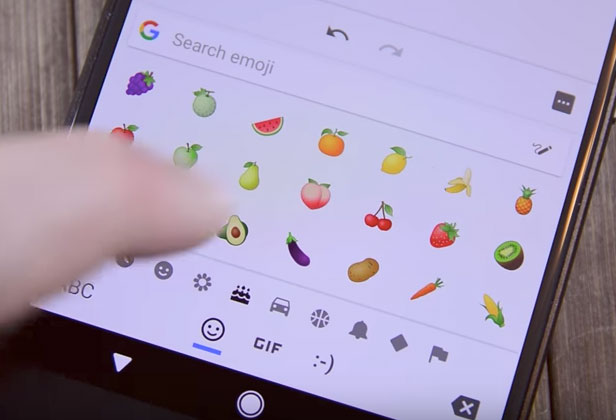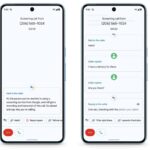It’s official. Android’s next iteration is called ‘Oreo’. The public version of Android 8.0 has already started rolling out to select users. Google had released the first develop preview in March this year. The second developer preview was rolled out in May during Google I/O developer conference. The last and final developer version had rolled out in July.

Availability
As per the tradition, Google’s latest update will be available to select devices initially. Here’s what Google said on its blog, “We’re pushing the sources to Android Open Source Project (AOSP) for everyone to access today. Pixel and Nexus 5X/6P builds have entered carrier testing, and we expect to start rolling out in phases soon, alongside Pixel C and Nexus Player.”
“We’ve also been working closely with our partners, and by the end of this year, hardware makers including Essential, General Mobile, HMD Global Home of Nokia Phones, Huawei, HTC, Kyocera, LG, Motorola, Samsung, Sharp and Sony are scheduled to launch or upgrade devices to Android 8.0 Oreo. Any devices enrolled in the Android Beta Program will also receive this final version,” it added.
Google’s latest Android version brings a number of UI changes and new features. So, without further ado, let’s check out top features of Android 8.0 Oreo.
Better performance
With Android 8.0 Oreo, users can expect a much faster experience on Android. Google says the new iteration significantly reduces the boot time. Google has also worked to optimize performance for apps that run in the background apps all the time. The company is encouraging developers to use its new tools that ensure background-running apps don’t hamper the overall performance.
Picture-in-Picture
The feature essentially allows users to watch videos on the device while using any other app. This is similar to the floating bubble of Facebook Messenger for Android. It is worth pointing out that the OEMs like Samsung and several third-party apps already offer a similar feature but a native support means a much-improved user experience.
Improved notifications
Google now gives you more options to customize notifications. For an example, you can snooze notifications and respond at a time that is suitable to you. Users can check out the missed notifications by tapping on the notification dots that appear on an app. This eventually does away with the need to swipe the drop-down menu to check missed notifications. Also, users can preview more content from notifications before actually entering the app.
Android 8.0 Oreo: Picture-in-picture, Notification dots (Google)
Emojis get better
Emojis on Android will now look much similar to what they appear on Apple’s iOS. Earlier, Google used “Blob faced emojis.” With Android 8.0, Google has announced full compatibility with Emoji 5.0, which comes with a slew of new emojis such as orange heart, dinosaurs and vomit face. You can check out the complete list of emojis under Emoji 5.0 here.

Emojis are now more rounded smiley shape (Google)
Bluetooth 5
One of the biggest features in Android O is support for Bluetooth 5.0. Even though the latest generation Bluetooth isn’t widely available, but we expect more phones to come with much faster Bluetooth 5.0. Users can expect data transfer speeds to increase by four times as compared to the previous generation of Bluetooth. This essentially will pave way for much efficient parity with Bluetooth connected devices like headphones or any other IoT product.
Fingerprint gestures
A lot of OEMs allow users to do a lot more things like taking selfies and navigating the UI with the fingerprint scanner besides unlocking/locking the smartphone. Android O now allows developers to include native fingerprint-based gesture controls.
Autofill Framework
Android O comes with Google’s Autofill Framework which enables autofill data like credit card number or addresses within in apps. Until now, autofill feature has been restricted to web users mostly. The autofill framework also allows users to customise how their data should be filled within certain apps.
Smarter Wi-Fi
A lot of users turn off Wi-Fi in order to save battery or avoid connecting to an insecure network. Android O solves this problem by allowing users to turn on/off Wi-Fi depending on your location. So, if you only connect to Wi-Fi in office and work, you can set Wi-Fi to turn on at these two locations. This will save your time on manually switching on and switching off Wi-Fi all the time.






